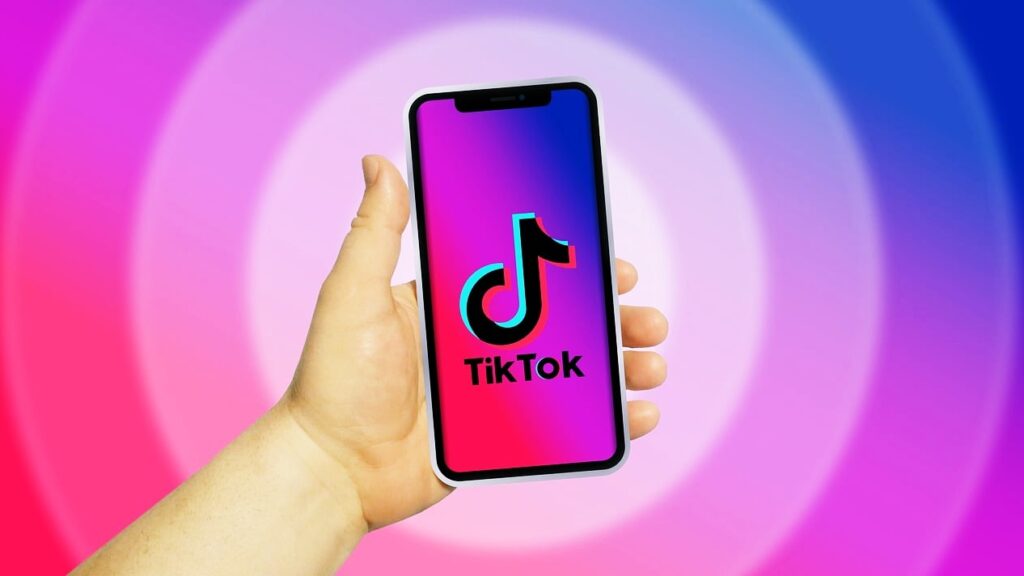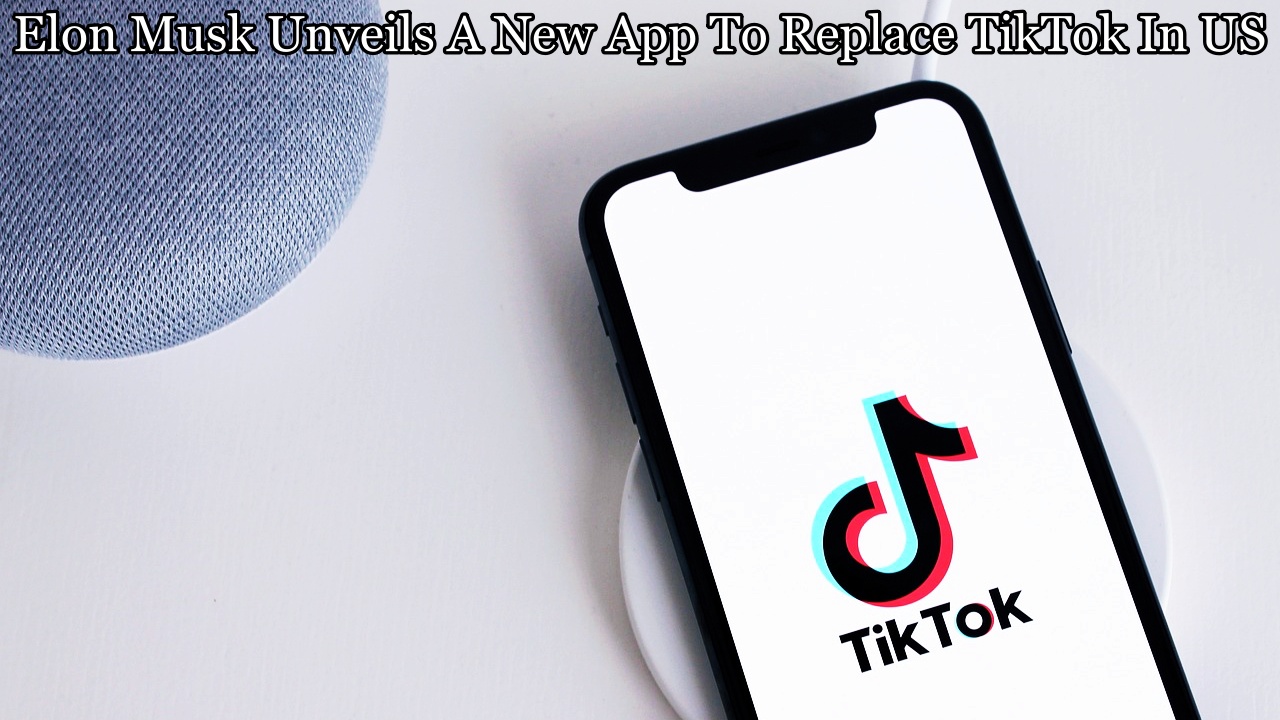The controversy surrounding TikTok’s potential ban in the United States continues to heat up. With millions of users worried about losing access to the app, some see this move as a national security necessity, while others argue it threatens free speech. At the center of the debate are questions about Chinese influence, data privacy, and the role of social media in modern democracy.
But with new developments, including Elon Musk’s involvement in the situation, the future of TikTok in the U.S. remains uncertain. Let’s take a closer look at the key factors involved in the TikTok ban debate.
Why the TikTok Ban is on the Table
TikTok, owned by the Chinese company ByteDance, has become one of the most popular social media platforms in the United States, boasting over 170 million U.S. users. However, its growing influence has sparked national security concerns. U.S. lawmakers have voiced fears that TikTok’s Chinese ownership could enable the Chinese government to access sensitive user data, raising alarms over the potential for espionage or propaganda.
The Legislative Push to Ban TikTok
The U.S. House of Representatives recently passed a bill known as the Protecting Americans from Foreign Adversary Controlled Applications Act. This legislation would force ByteDance to sell TikTok to a Western company, or face a ban. The bill passed with overwhelming support, receiving 352 votes in favor and only 65 against. Supporters argue that this move would sever ties between TikTok and the Chinese Communist Party, ensuring that user data stays safe from foreign influence.

The Argument for the Ban: National Security
Proponents of the ban, including Last President Joe Biden and Senator Marco Rubio, argue that TikTok’s algorithm, which collects data to predict user preferences, poses a serious national security risk. The Chinese government is known for its tight control over tech companies, leading many to believe that ByteDance is indirectly influenced by Beijing. This could give the Chinese government access to massive amounts of sensitive data on American citizens, which could be used for surveillance or political manipulation.
The Algorithm and Data Collection Concerns
One of the most debated issues is TikTok’s algorithm. The platform’s highly addictive nature has made it a favorite among users, but critics argue that the personalized feed could be used to influence users’ political beliefs and behaviors. The U.S. government believes that allowing a Chinese-owned company to control such an influential algorithm could give the Chinese government an unfair advantage in shaping American politics.
Resistance from TikTok’s Users and Civil Rights Groups
Despite the strong support for the ban from certain lawmakers, there is significant resistance from TikTok’s massive user base and civil rights organizations. TikTok has become a vital platform for millions of content creators and users who depend on the app for their livelihoods. Many argue that banning the app would infringe on their First Amendment rights, suppressing free speech and restricting access to essential information.
Concerns Over Freedom of Speech
Civil rights groups like the ACLU argue that the ban would set a dangerous precedent for government control over online expression. Critics contend that there is no clear evidence that TikTok poses a national security risk, and that a total ban would violate the freedom of speech protected by the U.S. Constitution. They point out that similar data collection practices are common among other social media platforms, such as Facebook, without the same level of scrutiny.
Could Elon Musk’s New App Be the Solution?
As the debate over TikTok rages on, Elon Musk has entered the conversation, with many speculating that his involvement with a new social media app could offer an alternative to TikTok if the ban goes through. Musk’s track record with major social media platforms, including the acquisition of X (formerly Twitter), has positioned him as a key figure in shaping the future of social media. Could Musk’s new app serve as a suitable replacement for TikTok?
Elon Musk and the Future of Social Media
Musk has a strong following among social media users, and his influence could be pivotal in shifting attention away from TikTok. If his new platform gains traction, it could potentially absorb TikTok’s user base, creating a competitive alternative. However, the question remains: would a new platform led by Musk avoid the same national security concerns that TikTok faces, especially when dealing with data collection and influence?
The International Response to TikTok’s Growing Influence
The TikTok ban debate is not limited to the United States. Countries around the world, including India, Australia, and Canada, have already taken action against the app due to security and data privacy concerns. India has gone as far as to ban TikTok outright, citing its tensions with China. Meanwhile, the European Union has launched investigations into TikTok, focusing on how the platform affects young users and whether it adheres to the region’s strict privacy laws.
Global Reactions and Legal Challenges
Other countries, like Montana in the U.S., have passed state-level bans on TikTok, while the European Union has fined the app for violating privacy rules. These international actions suggest a growing global push to limit or regulate TikTok due to concerns about its ownership and data practices.
The Legal Battle: What’s Next for TikTok?
The legal battle surrounding TikTok is far from over. The U.S. Supreme Court recently ruled that the federal government has the authority to ban TikTok, marking a significant victory for proponents of the ban. However, the court emphasized that the decision was based on national security concerns related to TikTok’s ownership by ByteDance, and that it did not set a broad precedent for other cases.
The Impact on TikTok’s Future
If the ban is fully implemented, tech companies like Apple and Google will be forced to remove TikTok from their app stores. Additionally, web hosting providers will face fines for continuing to host TikTok’s services. This decision leaves the future of TikTok uncertain, and the possibility of the app being sold to a Western company remains a topic of ongoing discussion.
What’s at Stake: The Clash Between Security and Free Speech
As the debate over TikTok’s future continues to unfold, it is clear that this issue is more than just about an app—it represents a larger cultural and political conflict. At the heart of the debate is the balancing act between protecting national security and preserving free expression in the digital age.
Public Opinion and the Dividing Line
Public opinion on the TikTok ban remains deeply divided. Content creators who rely on the app for their livelihood are particularly vocal in their opposition, fearing that a ban will strip them of their ability to earn a living. Meanwhile, those who support the ban argue that protecting national security must take precedence over the platform’s popularity.
Conclusion: Will TikTok Survive the Ban?
As it stands, TikTok’s future in the United States remains uncertain. The TikTok ban is a complex issue that involves national security, free speech, and the role of social media in modern society. Whether the ban will be fully implemented, or if an alternative solution will arise, depends on ongoing political and legal developments.
Do you believe the TikTok ban is necessary for national security, or is it an unjust infringement on freedom of speech? Let us know your thoughts in the comments below!
Read More:

